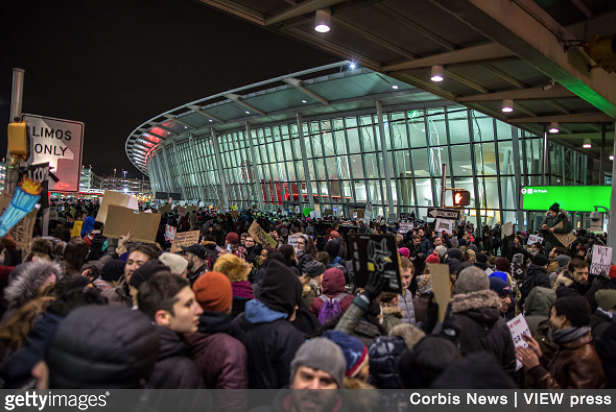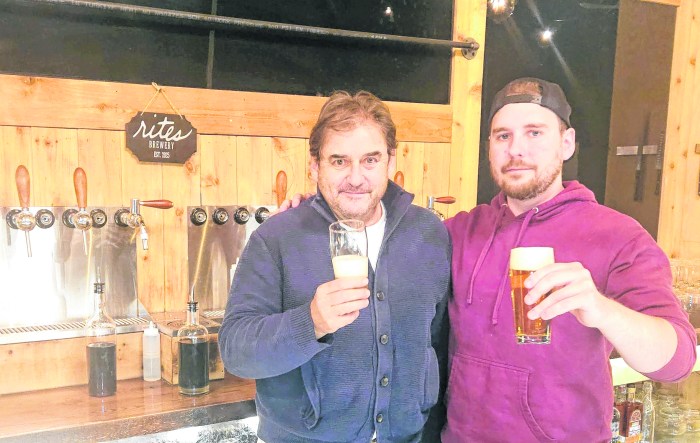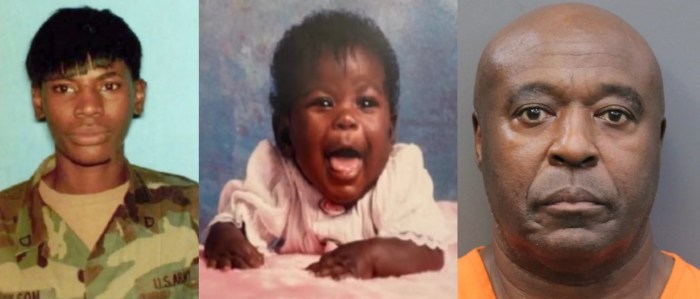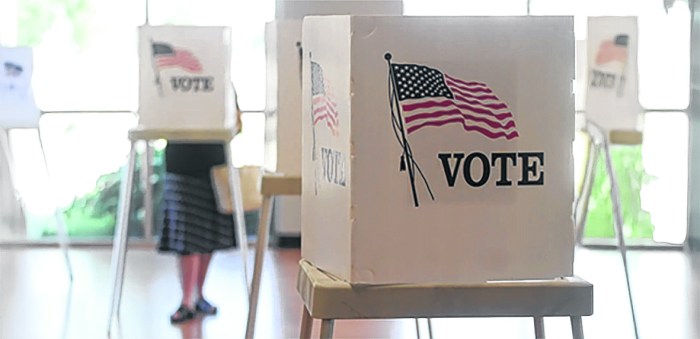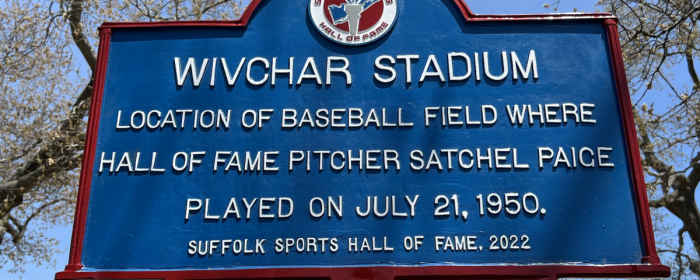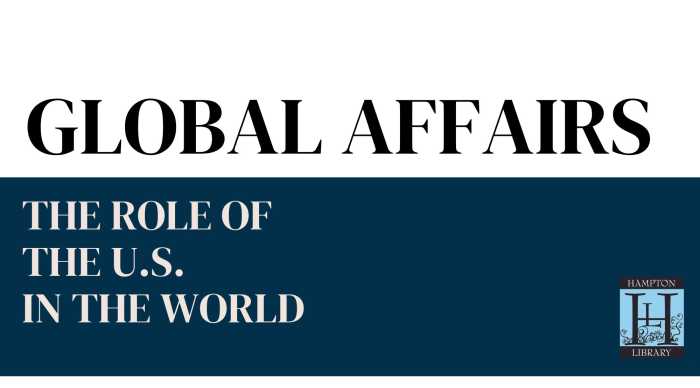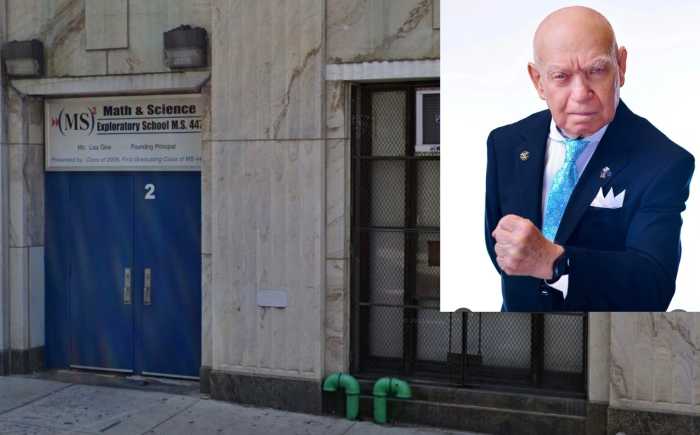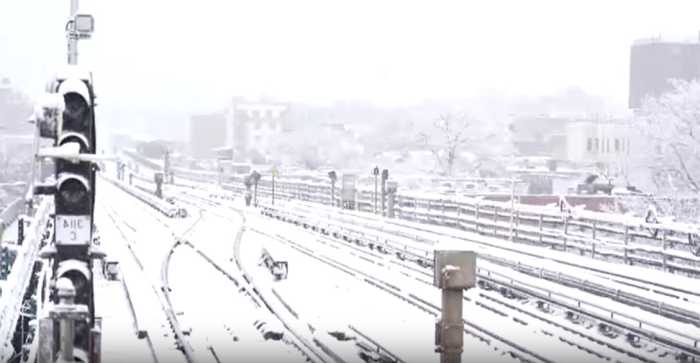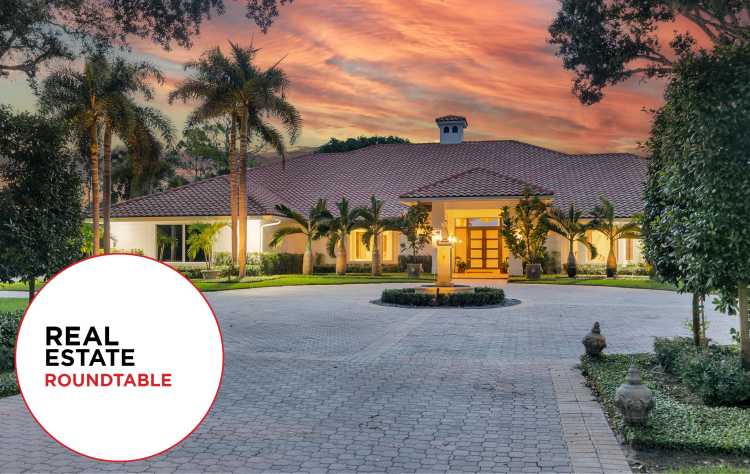President Donald Trump’s controversial executive order targeting refugees and citizens of Muslim-majority nations overshadowed what was already a frenzied first week for the new administration, sparking mass airport demonstrations, heart-pounding moments for separated families, and hurried court interventions.
Capping what was a fusillade of executive actions, Trump, with the stroke of his pen, temporarily banned most refugees from entering the United States and suspended immigration of citizens from seven predominantly Muslim nations—in what civil rights groups have deemed Trump’s proposed “Muslim ban” taking shape. The restrictions halted travel for citizens from Syria, Iraq, Iran, Libya, Somalia, Sudan and Yemen—all majority Muslim nations in the Middle East and Africa.
The order inflamed what appears to be a new era of discontent in America—one defined by near-daily mass protests. It also caused confusion at airports across the country. Dozens of travelers had been denied entry into the United States for a range of factors, which included green card holders who legally reside in the country.
There were reports of border officers defying federal court orders halting the deportation of travelers who had entered the country shortly after the executive actions were signed. Among those held for hours after landing was an American passport holder who was reportedly asked: “Do you love your country?”
Attorneys descended on the nation’s airports to intervene on behalf of stranded travelers, turning waiting areas into makeshift law offices. On Monday, there were reports of lawyers being removed from John F. Kennedy International Airport.
BREAKING: Our lawyers are reporting they are being kicked out of Terminal 8 RIGHT NOW. Press release to follow. #NOBanJFK #muslimban
— NoBanJFK (@nobanjfk) January 30, 2017
“This is a new era of unprecedented events,” said Sister Sanaa Nadim, Stony Brook University’s Muslim chaplain. Wherever Americans fall on the issue of immigration, Nadim’s statement appeared to accurately sum up a weekend of resistance—both by demonstrators and the new Trump administration’s unapologetic show of force at America’s borders.
Further unsettling Muslims was an attack on a mosque in Quebec City in Canada that left six people dead Sunday night that is being investigating as a terrorist attack against Muslims. A man in police custody has been sympathetic to far-right causes, according to reports in the Canadian press. Late Monday it was announced the suspect had been charged with six counts of first-degree murder.
Canadian Prime Minister Justin Trudeau, in reaction to the massacre, said the country stands by the Mulsim community: “We will defend you. We will love you. We will stand with you.”
The shooting prompted police in New York City and Long Island to increase patrols near mosques.
The travel bans also brought former President Barack Obama back to the fore. In his first statement since leaving office on Jan. 20, Obama said he was “heartened” by the weekend’s demonstrations.
On Long Island, Muslim Americans are tense.
“We’ve never been through anything like this,” said Nadim. “We’ve been through wars…but the country was never divided on the principles of our forefathers. It’s a different world… My heart is felt for all the good people that come to this country to contribute, to flourish, to participate in this great democracy of ours.”
Among those impacted by the new immigration measures was Vahideh Rasekhi, president of SBU’s Graduate Student Organization, who was detained at JFK airport after returning from visitinghis family in Iran on Saturday. The linguistics student was released Sunday afternoon, but not after fellow students and friends rushed to her support.
The university released a statement advising students from any of the impacted countries not to travel unless “absolutely necessary.”
“Even after the 90-day period is complete, we are not sure how the visa or port of entry requirements may change, and we are urging caution,” the university said.
Others living on Long Island may also be reconsidering their travel plans, Muslim leaders said.
Imam Muhammad Abdul Jabbar of Masjid Darul Quran in Bay Shore said at least three congregants who traveled to India and Pakistan—countries that are not on the list—are nervous about what to expect upon their return to the United States.
“They were asking us to keep them in prayers, that they can go safely and come safely,” Jabbar told the Press.
Trump is so unconventional that some LI residents are worried that their home countries will be added to the list while they’re away.
“They don’t want to take any risks,” he said.
Despite what some Muslims saw as an attack on their religion, many were heartened by the show of support from people of all backgrounds.
One family who is active at Masjid Hamza Islamic Center of South Shore Valley Stream was so inspired by the demonstrations that they delivered about 40 pizza pies to feed protesters at JFK Saturday.
“I think a lot of the policies that our president is now bringing about are not necessarily there just for our safety but have something that’s much more greater than that,” said one member of the family, who asked that he not be named. “I really feel by proposing and having all these executive orders, that he’s really sacrificing the sense of humanity for a false sense of security.”
Habeeb Ahmed, president-elect of the Islamic Center of Long Island in Westbury, said he received a deluge of emails from religious leaders across the Island who have pledged support, including a Rabbi from Port Washington, who inquired about joining the ICLI’s worshippers for Friday prayers.
“Strangers are coming to you and saying that they were with you,” added Ahmed.
Community outreach and signs of solidarity cannot alleviate all the pain some are feeling, however. The slayings at the mosque in Quebec City by a gunman whose motives remain unclear ignited fears of copycat attacks.
Imam Jabbar said his mosque has a new security guard and alarm system, but acknowledged that such measures may not be enough.
“I think it’s horrific,” said the Valley Stream mosque leader. “It just goes to show you that, you know, the idea of terrorism, it affects all of us. In this case the Muslims were the victims of terrorists…Sometimes it’s an unfortunate thing but here in the West the terminology of terrorism has become synonymous with Muslims…Terrorism affects all.”
In the days to come, local mosque officials say they’re going to provide the community with information about the travel restrictions and how it may impact them. Long Island’s Muslim population is diverse, including families from the blacklisted countries.
“It’s all so new and all just so fluid that the community right now really doesn’t know what to think or how to react or how it’s exactly going to effect them,” said the Valley Stream mosque leader. “It’s kind of somewhat chaotic.”
“You have many foreign students, many people who feel unsettled,” added Nadim of Stony Brook University. “No one really knows what tomorrow brings. And you have some of the most brilliant people who come in and want to participate in our research, and we also need their contributions. And instead of thinking about how to contribute to things that help our country progress, and in many different scientific fields or medical fields, they are worried about if they can get in or if their families can come visit them or if they can go and visit home.
“It’s new grounds that have never been walked on before,” Nadim observed.




